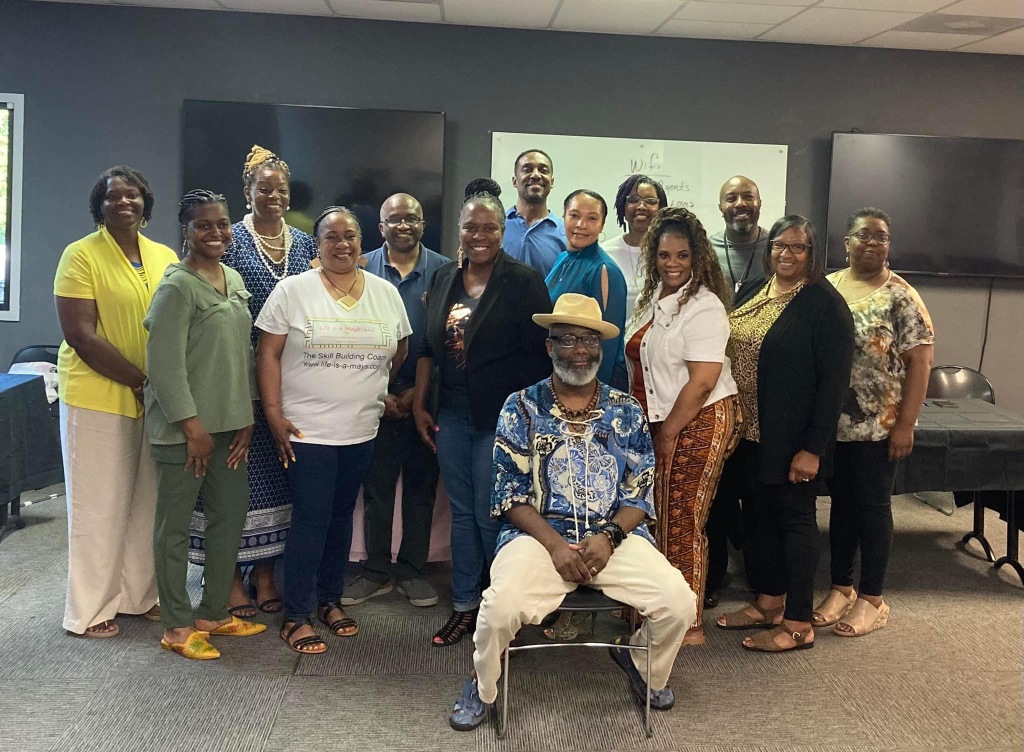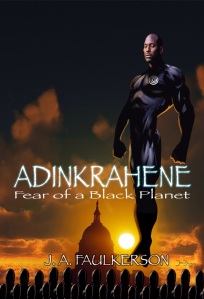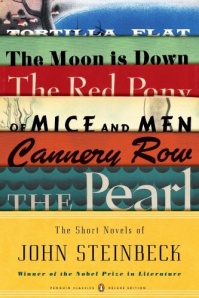
To discover more titles by J. A. Faulkerson, visit https://jafaulkerson.wordpress.com/store/.
Compassionate.
Neighborly.
Two words with different meanings but working toward the same goal.
The Literati say they are adjectives that modify nouns. I say they become active verbs when they are embodied in a person, in a people.
There have been protests, there have been marches. The one I think about most is the 1964 March on Washington, where the keynote speaker was the Rev. Dr. Martin Luther, King, Jr.
This march produced results, specifically passage of the Civil Rights Act of 1964.
But then there was the one in 1965, at Selma’s Edmund Pettis Bridge, where then Southern Nonviolent Coordinating Committee Chairman John Lewis and other black residents were beaten with sticks wielded by white police officers.
Bloody Sunday, they call it.
Black bodies bloodied by white lawmen, white lawmakers, for wanting to participate in the franchise – local, state and federal elections.
These are the marches I think about, the ones that resonate with me the most.
No, I wasn’t there. I arrived in 1968, 16 days before an assassin’s bullet ended Dr. King’s life.
Nor was I there in October 1995, when Louis Farrakan invited Black American men and their non-black allies to something called the Million Man March.
I may have not been present that day, a small speck among the sea of black men, but my spirit was. Watching this event play out on TV, I prayed that the nation would look past Farrakan’s fiery rhetoric to hear his admonishment to black men.
Black men, you must do more to stand in the gap for your black women, your black children, your American nation.
These marches had goals, righteous ones.
But then January 6, 2021, happened.
The Stop the Steal Rally.
An event organized by supporters of a former United States president.
The individuals who came to Washington that day weren’t compassionate or neighborly.
If anything, these insurrectionists were livid, driven by hatred for their fellow man, their fellow compatriots, all because their candidate had lost his bid to serve a second term as the United States president.
The question that we, members of the US electorate, must ask ourselves is what hope did these insurrectionists have in reclaiming something that had not been stolen?
Why didn’t they just stay home, accept the loss like so many others have done, support the peaceful transfer of presidential power?
That’s what the citizens of democracies are expected to do when voters duly elect a new leader to office.
But that begs another question.
How are we supposed to act in times such as these?
Times when absolute truths, facts really, are ignored, disregarded.
Times when news of candidates’ criminality, indiscretions, don’t disqualify them from running for political office but instead allow them to lead by double digits in their party’s statewide primary elections.
Times when marches led by the descendants of enslaved Africans are wrongly contrasted with one that served the purpose of one person, the defeated former president.
The Christian Bible admonishes us to do unto others as we would have others do unto us.
These united states of America can be great, but they can never be great again. That’s because they have never been great.
Enshrined in the United States Constitution is the pledge to create a more perfect union.
Why?
Because our Native Americans ancestors had their land stolen from them.
Because our Black American ancestors were enslaved and oppressed.
Because our Asian American ancestors were relegated to concentration camps on US soil during World War II.
Nothing great about denying people’s rights to life, liberty and the pursuit of happiness.
The fact is, I’m not better than you, and you’re not better than me.
We’re equals.
Equals that become better individuals, better unions, when we acknowledge the gifting that has been bestowed upon the other.
But we don’t stop there.
We also go out of our way to embrace and comfort others when the weight of the world weighs them down.
I am your Compassionate Neighbor, the guy who lives with his family next door.
Love me.
Work with me.
Pray with me.
March with me.
###
Copyright 2024, Jeffery A. Faulkerson. All rights reserved.
To discover more titles by J. A. Faulkerson, visit https://jafaulkerson.wordpress.com/store/.




